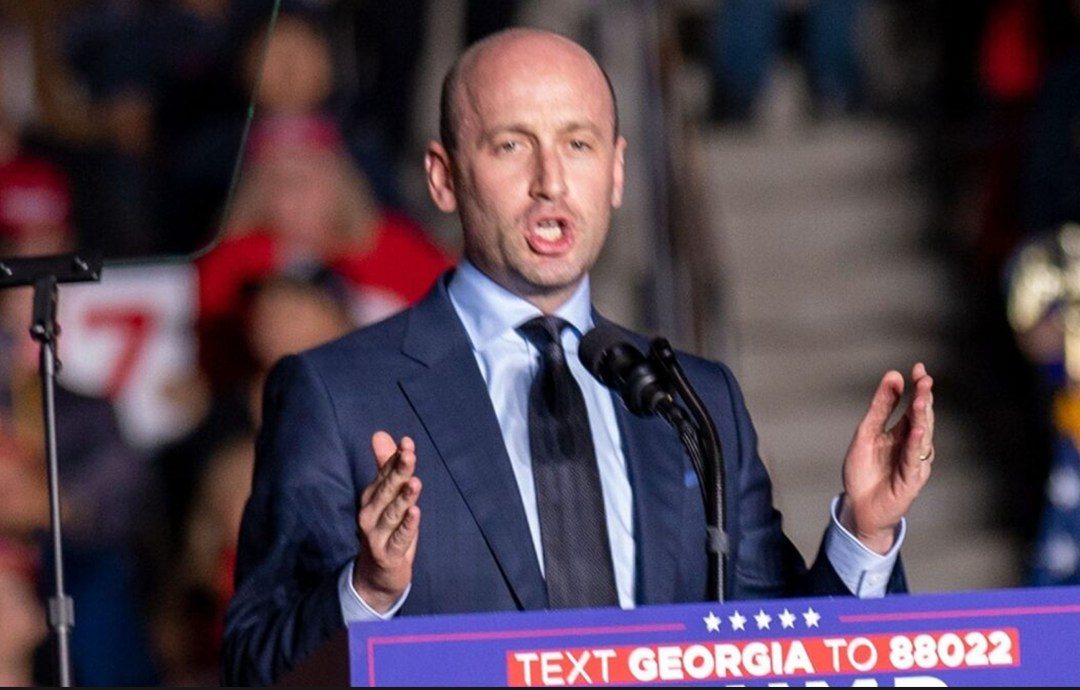White House Deputy Chief of Staff Defends Trump’s Historic Tax Package Amid Deficit Concerns
White House Deputy Chief of Staff Stephen Miller has staunchly defended President Donald Trump’s recently passed tax package in the House of Representatives, dismissing worries over the federal deficit and highlighting the anticipated economic growth stemming from the legislation.
Speaking on Fox News’s Life, Liberty & Levin this past Saturday, Miller addressed criticism from some House Republicans who opposed the bill, which includes approximately $400 billion in tax cuts.
Representatives Warren Davidson (R-OH) and Thomas Massie (R-KY) voted against the measure, expressing concerns about its potential to increase the national debt.
“What President Trump is championing is the largest and boldest package of tax cuts and reforms in American history,” Miller stated.
He pointed to the first Trump administration’s tax cuts, noting that “during that period—the greatest economy in our nation’s history—federal revenue increased every year following the tax cuts, and we expect the same outcome this time.”
The new legislation builds upon the Tax Cuts and Jobs Act (TCJA) of 2017, which overhauled individual tax brackets and significantly reduced the tax burden for many Americans.
Under the TCJA, the lowest 20% of earners were effectively exempt from federal income tax, and the next lowest bracket saw their rate cut from 15% to 12%. Other brackets also received notable reductions.
According to the Tax Foundation, a typical married couple with children earning $100,000 annually saw their tax liability drop from about $7,700 to $4,700—nearly a 40% reduction.
Miller emphasized that similar benefits are expected under the current proposal.
“When President Trump unleashes the power of the private sector—the workers, factories, manufacturers—we will see an unprecedented boom in revenue, productivity, and jobs,” Miller said.
Office of Management and Budget Director Russell Vought also dismissed concerns that the tax package would exacerbate the federal deficit, insisting, “This is not going to hurt the deficit.”
However, the bill has faced opposition within the Republican Party. Senator Rand Paul (R-KY) has signaled he will vote against it in the Senate, citing long-term fiscal sustainability concerns. Paul’s proposed amendment, which would have tied increases in the federal debt ceiling to quarterly spending cuts, failed to secure enough support to be included.
Miller’s remarks arrive amid ongoing divisions within Congress over tax policy and government spending. While some Republicans advocate for spending restraint to reduce the deficit, others argue that tax relief-driven economic growth will increase revenues and ultimately help balance the budget.
The Senate is expected to vote on the legislation in the coming weeks. If approved, it would represent one of the most significant tax reforms since the 2017 TCJA and a major legislative accomplishment for President Trump as his administration moves forward.









